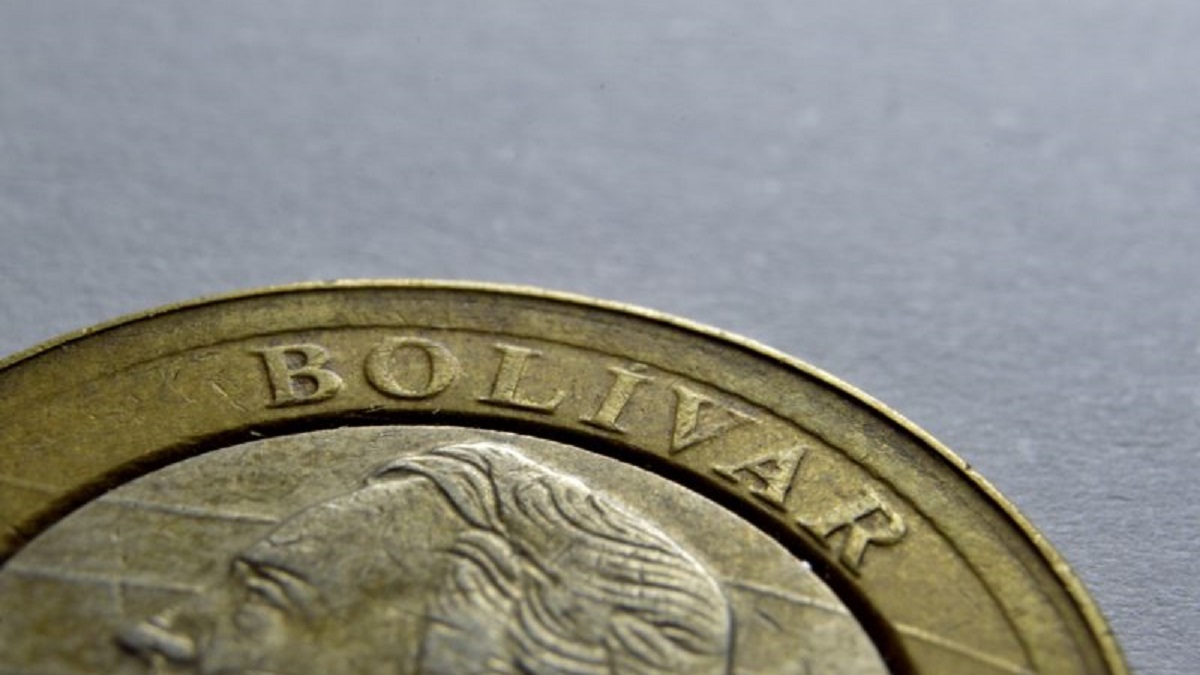
Venezuela has a new digital as well as a physical form of its currency. The digital version of Bolivar is not a cryptocurrency and will mirror the value of the physical currency, despite dropping six zeroes.
The fiat currency of Venezuela has undergone a rebranding, and alongside the change, it has also undergone digitization. The Digital Bolivar will have the same value as the new banknotes and coins into circulation.
What is the Digital Bolivar, and is it a form of cryptocurrency?
The official Venezuelan currency underwent a significant shift this week. The country has undergone a massive and fundamental transformation without adding yet another form of currency.
Essentially, Venezuela has adopted or introduced digitization of its fiat currency, the Bolivar. the Central Bank of Venezuela (BCV) has confirmed that the new form of currency will not have any effect on the physical currency: “The Bolivar will not be worth more or less.”
Currency chop!#Venezuela launches a new digital currency with six fewer zeroes.@StePozzebon has all the details on the country's 'digital bolivar' and their attempt to combat hyperinflation.
Plus, the latest on El Salvador's adoption of #bitcoin. pic.twitter.com/qQh56irXWT
— Julia Chatterley (@jchatterleyCNN) October 1, 2021
In addition to the restructuring, the central bank has established its Digital Central Bank (CBDC) which has introduced the Digital Bolivar. The country has also launched a new Bolivar Coin, banknotes of 5 to 100 Bs.
The new 100 Bolivar notes of the nation are equal to 100,000,000 of the existing Bolivar. In other words, the country has simply dropped six zeroes for each valuation of its currency. Simply put, if an item costs 1,000,000 Sovereign Bolivar, its new face value will be 1 Digital Bolivar.
Rinse and repeat? Venezuela is rolling out a monetary reconversion tomorrow a mere 3 years after the last one. The new "digital bolívar" (BsD) will wipe out 6 zeroes from the outgoing "sovereign bolívar" (BsS). Here are some quick thoughts about it
pic.twitter.com/Yq8kIufBTA
— venezuelanalysis.com (@venanalysis) October 1, 2021
The Digital Bolivar should help, fully digitize the nation’s economy entirely by the end of the year, indicated Nicolas Maduro, the current President of Venezuela. The virtual currency will help make payments and transfers between users using an SMS-based mechanism. Maduro had previously claimed 77 percent of Venezuela’s economy was digital in 2020.
Does Venezuela have a plan to introduce a Cryptocurrency called ‘Petro’?
The newly introduced Digital Bolivar is simple a virtual or paperless copy of the physical Bolivar. There’s no difference between the two, except for the fact that Venezuela is actively promoting the former.
The digital bolivar, is seen in the PetroApp wallet and will be available in #Venezuela from the first day of October. pic.twitter.com/VKLzBUVzAt
— Anjes Cordanov (@AnjesCordanov) September 29, 2021
Some of the administrators indicated that Venezuela introduced the new virtual currency to bring in transparency. Multiple reports indicate physical currency transactions avoid taxes, and Venezuela wants to reduce the practice.
Interestingly, the citizens of Venezuela who do not wish to use an SMS-based system for making payments will still be able to use paper money.
The digital bolivar will use an SMS-based exchange system to facilitate payments and transfers between users.
— Morenikeji A Kayode (@BashorunGha) October 1, 2021
The Digital Bolivar might not be a cryptocurrency, but Venezuela seems to follow in the footsteps of El Salvador. The Central American country recently decided to accept Bitcoin as a legal tender.
Some experts feel the Digital Bolivar could be a stepping stone for the country. The country did attempt to introduce Petro but failed. The new virtual currency could help in the transition to a digital economy.


